Our Institute combines traditional scientific disciplines, systematics of contemporary and extinct animals and modern karyological and genetic investigations.
About the Institute
The Institute of Systematics and Evolution of Animals of the Polish Academy of Sciences (PAS) was founded in 1989 from the Department of Systematic and Experimental Zoology PAS. However the history of the Institute goes back to the year 1865, the founding year of the Physiographic Committee initiated by the Kraków Scientific Society. The Natural History Museum was established at the same time under the original name of the Physiographic Museum. Today, the museum is an integral part of our Institute.
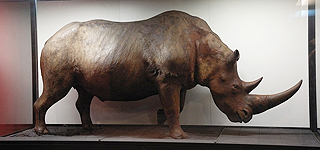
The rhinoceros from Starunia
Notably well-preserved remains of a woolly rhinoceros, complete with internal organs and soft tissues, is one of the most valuable natural history exhibits in the world. Read more ›
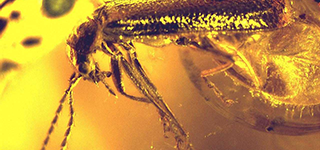
Our Collections
The Collections Unit is an organizational division that is entrusted with annotating and conserving the collections, making them available to the community as well as procuring new specimens.
Read more ›
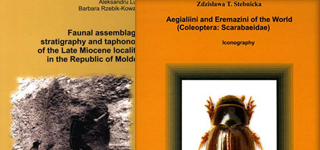
Publications
Monographs and publications from the ISI databases. List of publications from 2016 – 2019.
Read more ›

In October 2017 Institute of Systematics and Evolution of Animals, Polish Academy of Sciences received the "Erasmus Charter for Higher Education 2021-2027".Read more ›

In May 2016 Institute of Systematics and Evolution of Animals, Polish Academy of Sciences received the "HR Excellence in Research" award.Read more ›
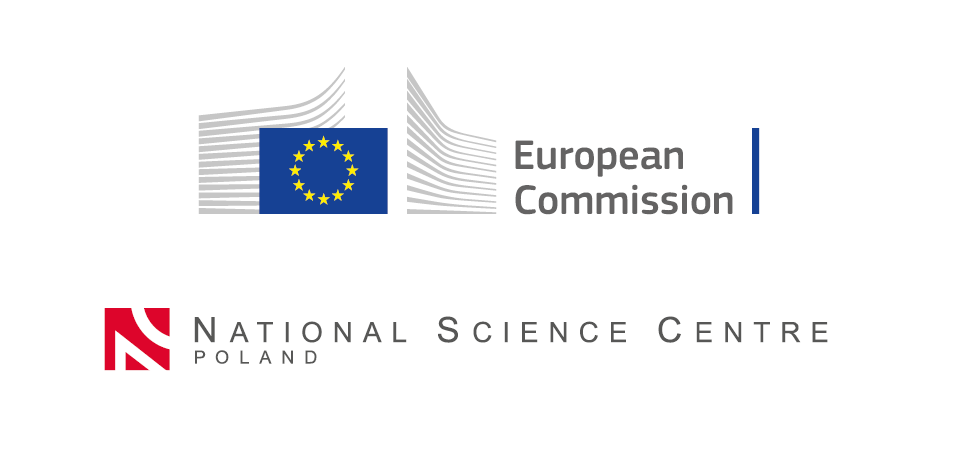
This project has received funding from the European Union' s Horizon 2020 research and innovation programme under the Marie Skłodowska-Curie grant agreement No 665778. NCN agreement No. UMO-2016/23/P/HS3/04034.Read more ›
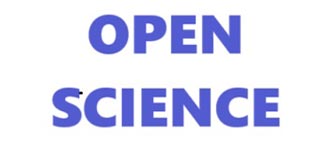
Open Science
Read more ›
Our Institute combines traditional scientific disciplines, systematics of contemporary and extinct animals and modern karyological and genetic investigations. Our scientists have begun research in new fields, for example, in archaeozoology and ecology.
The Institute employs 35 researchers including 17 professors and habilitated drs. The Institute is authorized to grant doctorates and habilitations in the biological sciences.
Our collections include over 2 millions, often unique, specimens of fossil and contemporary vertebrates and invertebrates. Our library contains one of the largest collections of zoological books in Poland and contains over 100 thousand books and periodicals.
The Institute has been located in building 17 on Sławkowska Street since it was founded. This building is at a walking distance of two minutes from Kraków’s Main Square.